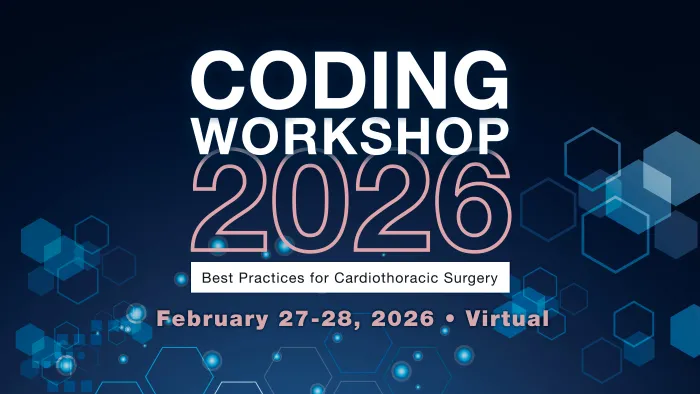The STS Leadership Institute helps members in their first 15 years of practice to develop the skills necessary to lead teams in and out of the OR, strategize personal and professional goals, negotiate a career path, and influence change in the workplace.
